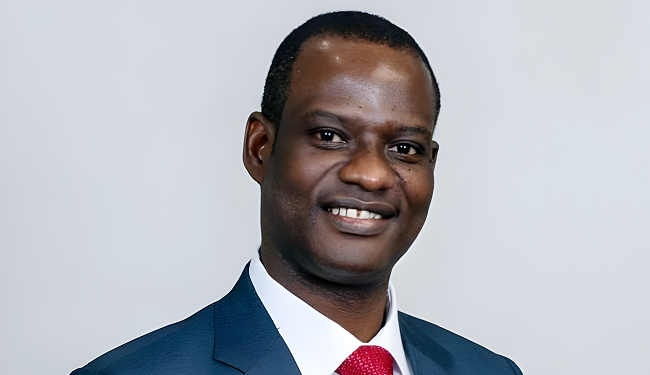The Chairman of the Presidential Committee on Fiscal and Tax Reforms, Taiwo Oyedele, has urged the government to reduce corporate tax rates to boost investment and spur economic growth. At a public lecture in Abuja held in celebration of his 50th birthday Oyedele emphasized the need for a well-structured, fair tax system that avoids arbitrary charges, particularly those that disproportionately burden low-income earners.
He highlighted several key tax reform measures already in progress: full income tax exemptions for over one-third of Nigerian workers, higher exemption thresholds for small businesses, and zero-rated essential goods. Oyedele also called for a streamlined tariff regime lowering duties on raw materials and intermediate goods to reduce production costs for manufacturers.
Stressing broader economic policies, he advocated for priority-sector incentives to boost export capacity and provide targeted tax relief for Nigerian businesses operating overseas. He also noted that modern income-class adjustments could help attract remote work opportunities, empowering Nigerian youth to thrive in the digital economy.
According to Oyedele, the role of government should be limited to areas where private enterprise is inactive, collecting just enough revenue to provide minimum public services without driving inflation. Spending, he argued, must be non-inflationary, high-quality, strategic, and data-driven. He warned against populist shortcuts in policy, urging citizens to understand tax matters deeply and engage constructively in national debates.

He also proposed that taxes be paid in naira to stabilize the currency and simplify fiscal management. Additionally, he criticized outdated tax laws, complex administrative systems, weak tax morale, and widespread evasion pointing to the urgent need for legislative and administrative overhaul.
Minister of Finance Wale Edun and other prominent stakeholders, who attended the lecture, praised Oyedele’s tax reform leadership and continue to advocate for the swift implementation of the four tax reform bills currently awaiting President Tinubu’s assent. Those bills include the Nigeria Tax Bill, Nigeria Tax Administration Bill, Nigeria Revenue Service (Establishment) Bill, and the Joint Revenue Board (Establishment) Bill.
If enacted and implemented effectively, the reforms are expected to simplify tax administration, boost government revenue, elevate the tax-to‑GDP ratio, and create a more favorable environment for economic growth and foreign direct investment.
With President Tinubu expected to sign the bills imminently, Oyedele’s lecture underscored a broader vision: tax policy should drive investment, empower citizens, and build sustainable economic foundations anchored in fairness, efficiency, and accountability.




